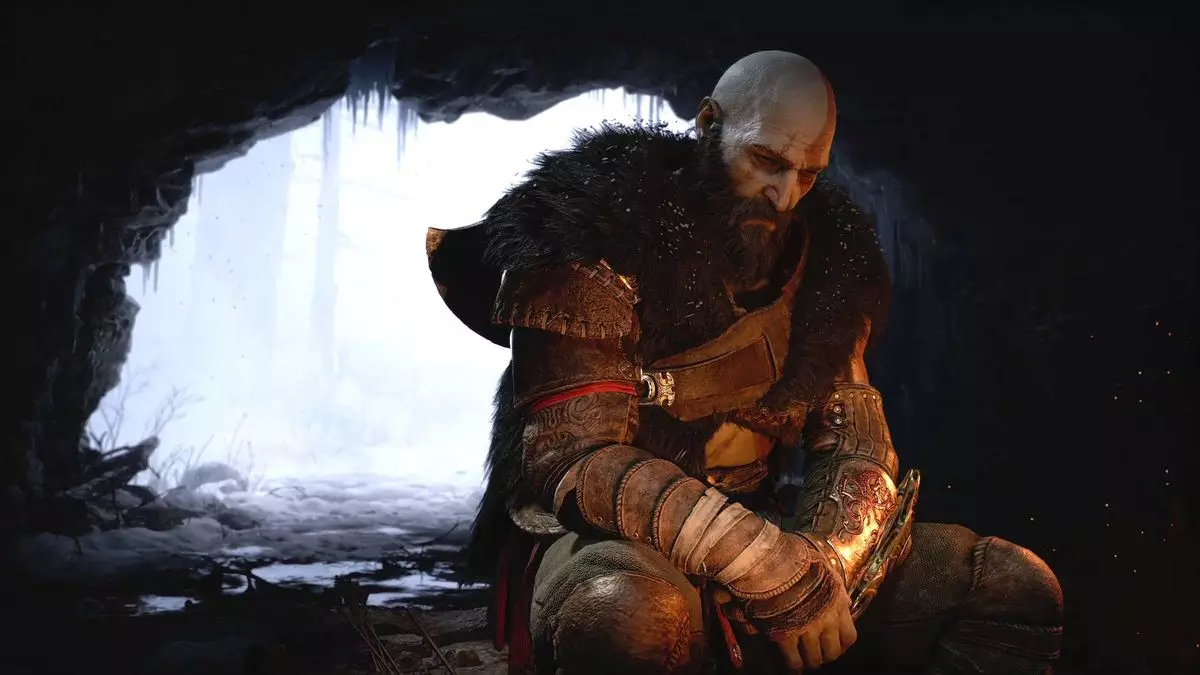Recently, the gaming community faced a significant setback as the PlayStation Network (PSN) experienced a staggering 17-hour outage, casting a shadow over millions of gamers worldwide. For many, the PSN serves as the digital backbone for online gaming, digital purchases, and account management across various PlayStation platforms, including the PS3, PS4, PS5, and even PS Vita. The downtime began late on a Saturday, leading to widespread frustration as players found themselves unable to engage in both online and, surprisingly, offline gaming experiences.
When such outages occur, gamers typically prepare for interruptions in multiplayer experiences or games requiring consistent online connectivity. However, this disruption revealed a deeper vulnerability, affecting not only online functionality but also single-player experiences. Modern gaming has evolved with a strong reliance on server verification for licenses, meaning that digital titles—regardless of whether they are single-player—suddenly became unplayable. Titles like “Metaphor: ReFantazio” and “Kingdom Come: Deliverance 2”, which usually thrive as solitary experiences, fell victim to this unfortunate scenario.
Reports from frustrated users reveal messages like “Can’t connect to the server to verify your license,” sparking a conversation about the implications of digital ownership in the modern gaming landscape. For players who invested in digital libraries, the inability to access purchased games due to server issues raises critical questions about the nature of ownership in the digital age. With the laws of traditional ownership blurred, players are increasingly reminded that they may not fully own the games they think they purchased, reflecting a concerning trend towards a transient existence for digital entertainment.
Perhaps the most alarming aspect of this particular outage was its impact on physical media. Gamers with digital-only consoles, such as the PS5 Slim, found themselves entirely locked out of their gaming libraries, rendering their physical game discs useless without a means to authenticate ownership online. As one player noted, the situation underscores the vital need for physical media and disc drive functionality, pushing the narrative of “real” ownership to the forefront. This incident emphasizes a profound truth: we are navigating an era where the permanence of art and entertainment feels precarious and tenuous.
Adding to the irony, the outage came just as anticipation built for significant upcoming gaming events, including Sony’s State of Play showcase. Gamers had eagerly awaited news about series like “Death Stranding 2” and the exciting remake of “Metal Gear Solid 3.” When such substantial outages coincide with pivotal announcements, they not only frustrate players but also threaten the very fabric of gamers’ trust in digital platforms.
As we reflect on the PSN outage, it becomes essential to question the foundation on which contemporary gaming rests. The incident serves as a wake-up call, highlighting the fragility of our digital experiences and the necessity for diversified access to physical media. Playing games should be a right, not a privilege easily revoked by unforeseen technological hiccups. As gamers, we must advocate for more robust systems that safeguard our ownership and save our beloved gaming experiences from the clutches of mere server availability.

